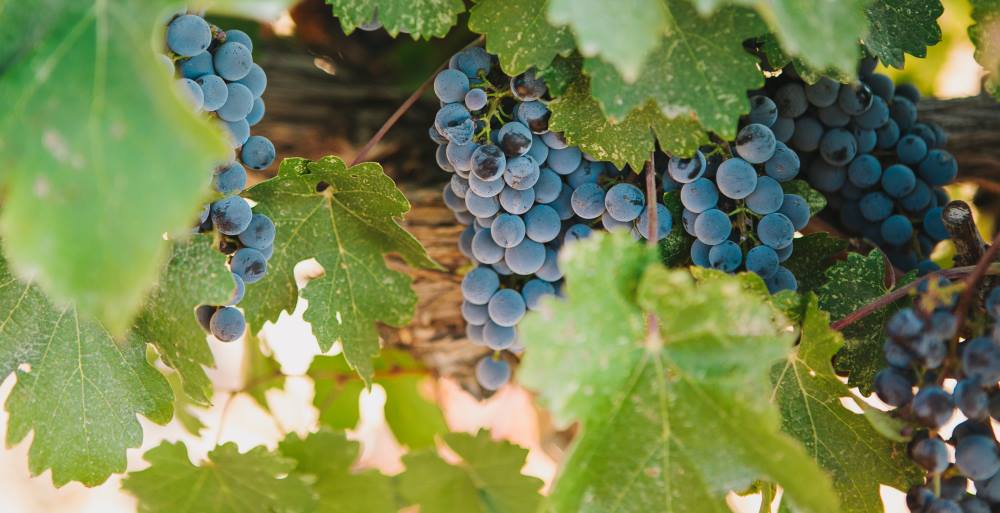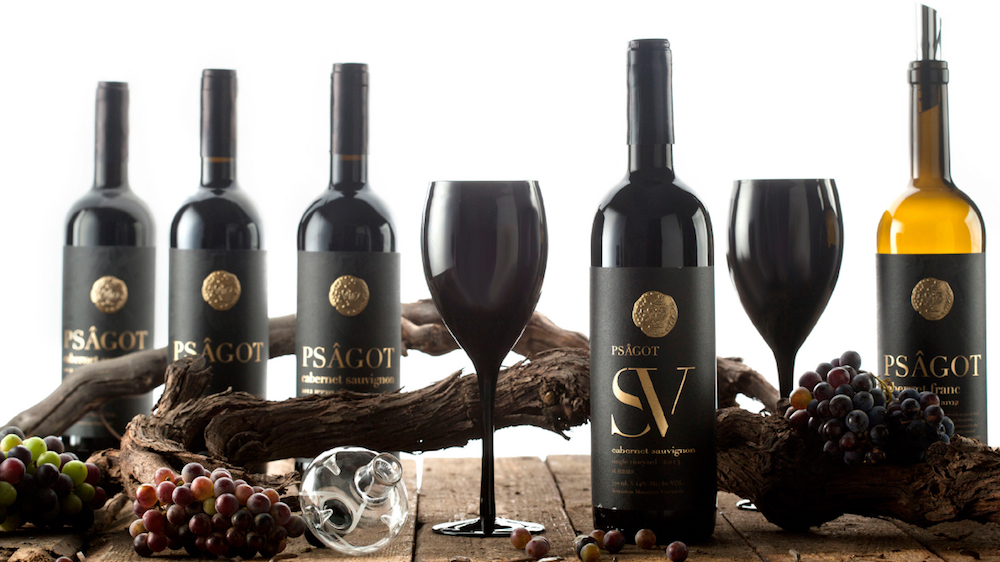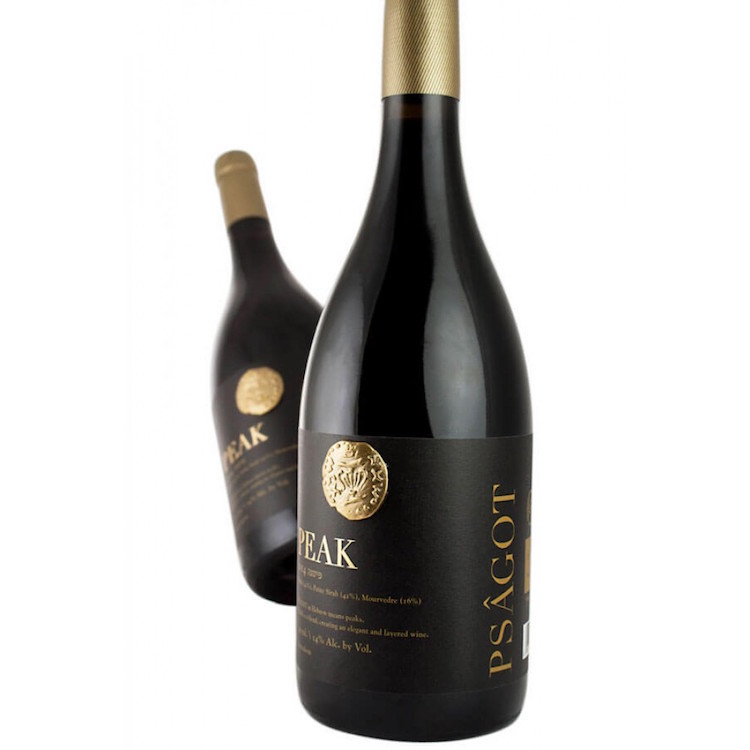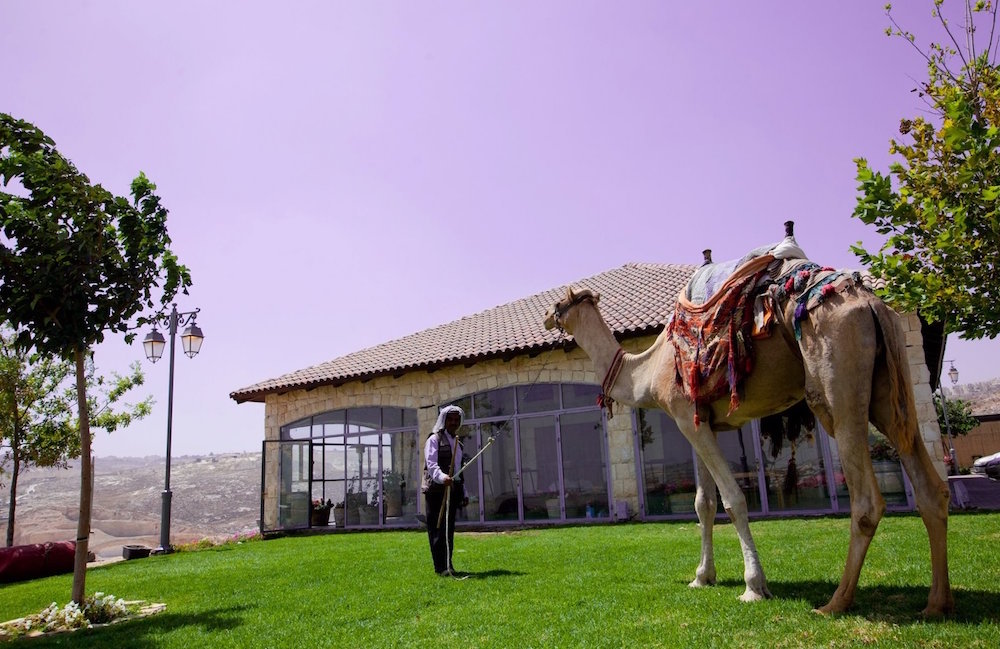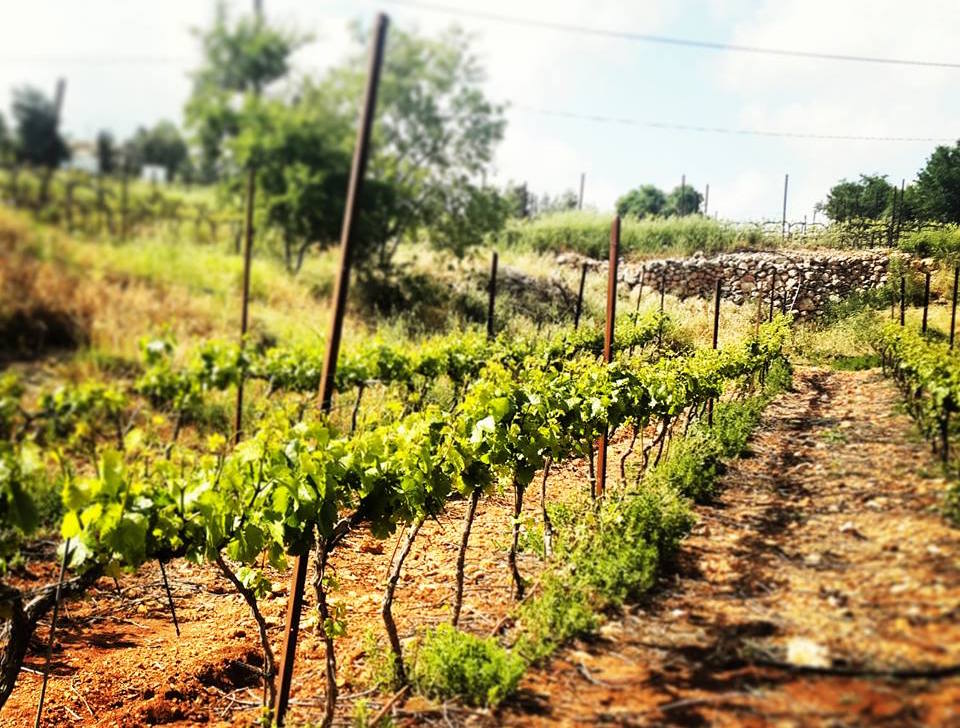As every realtor will tell you, it’s all about location—and in the case of Israeli viticulture, Israel’s prime location along the wine trading route between Mesopotamia and Egypt ensured that winemaking played a significant role in the history of Israel.
Yet the root of Israel’s modern wine industry is more closely aligned with French grape varieties imported in the late 19th century by Baron Edmond de Rothschild, owner of the Bordeaux estate Château Lafite-Rothschild.
Such are the antecedents of Psagot Winery, which was founded in 2003 by Yaakov and Naama Berg in the northern Jerusalem Mountains, just a short drive from Jerusalem’s Pisgat Zeev neighborhood.
Named for the Hebrew word for “peaks,” Psagot’s vineyards and orchards are planted on ancient chalky terraces more than half a mile above sea level alongside the small community of Psagot. Located in a hilltop stone structure, the winery offers panoramic views of the Jericho Valley, the Dead Sea, and the Edomite Mountains.
With an annual production of 300,000 bottles, Psagot exports more than 70% of its wine to countries around the world—which is partially due to the numerous awards and accolades garnered by Psagot’s eleven varieties of wine. A recent wine competition in France resulted in gold stars for eight of Psagot’s boutique wines.
Given the acclaim, who wouldn’t want to sample Psagot’s most recent addition to its line: a Rhône-style blend called Peak?
Psagot Peak (2014): In keeping with Psagot’s desire to honor the terroir that produces such intense grapes, Psagot Peak is created with grape varietals originally from the Rhône and Provence regions of France where the climate mirrors that of Israel.
A blend of Syrah (42%), Petite Sirah (42%), and Mourvèdre (16%), Psagot Peak is a full-bodied red of deep violet hue that opens with notes of blackberry jam on the nose. A hint of chocolate flecked with strawberry tickles the nose. On the palate, Peak pleases with the ripeness of blackberry and the brightness of blueberry, followed by vanilla, black pepper, and a touch of anise.
Gracefully layered, this is a wine of elegant structure that reveals its sensual earthiness with soft tannins that linger nicely on the finish.
Peak’s combination of Syrah and Petite Sirah, complemented by Mourvèdre results in a lovely harmonious wine of 14% alcohol that is marked by the fullness of Petite Sirah with the length and elegance of Syrah.
Each bottle of Peak comes with a label stamped with a replica of a golden coin that was discovered during the excavation of what became Psagot Winery’s barrel room. In the course of cultivating the area around Psagot Winery, the Bergs discovered an opening that led to a cave from the period of the Second Temple. The coin, which dates to the Great Rebellion (66-73 C.E.), features an amphora on one side and a grape leaf on the reverse. What better token of the longevity of Israel’s viticulture and the elegance of Psagot wines.
Priced around $50, Psagot Peak makes an indulgent hostess gift—or a thoughtful gift for Father’s Day.


